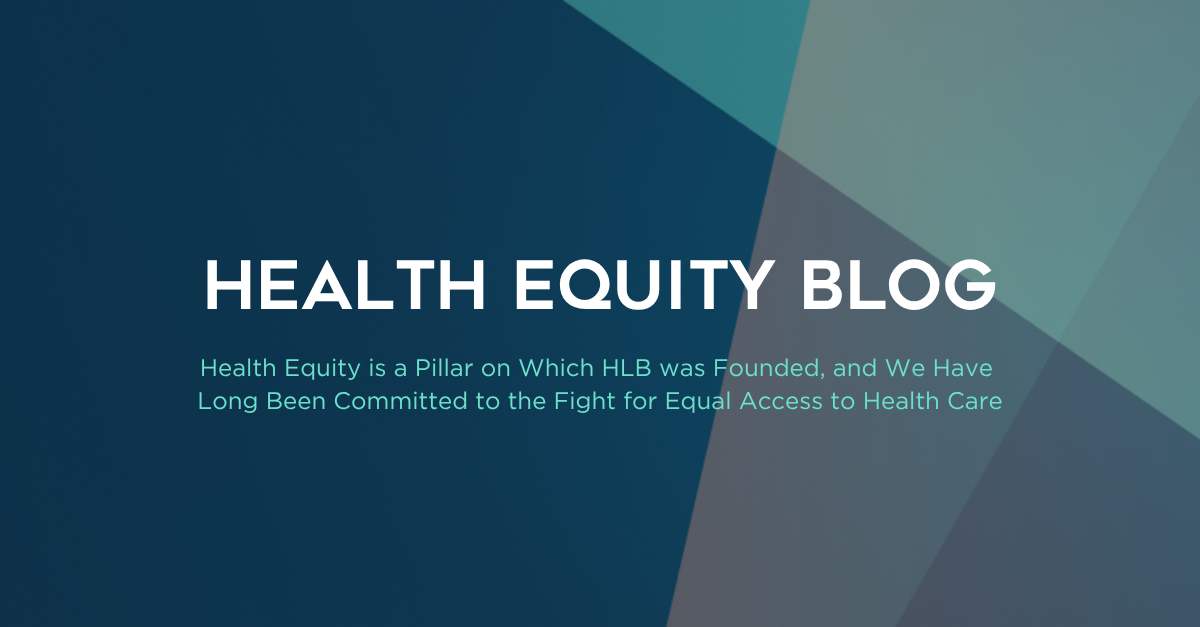
On behalf of the Hooper, Lundy & Bookman, PC Health Equity Task Force, here is our most recent HLB Health Equity Essentials.
Recent Federal and State Efforts to Lower Drug Prices
On November 6, 2025, the Trump administration announced agreements with Eli Lilly and Co. and Novo Nordisk to reduce prices for certain medications used treat obesity, diabetes, and heart disease, including Ozempic and Wegovy, among others. Under these agreements, monthly costs for these drugs will decrease through a new federal purchasing platform, TrumpRx, with further reductions planned for Medicare and Medicaid programs. The agreements also require Eli Lilly and Novo Nordisk to honor most favored nation (MFN) pricing on all new medications that they bring to market and provide every Medicaid program in the country access to MFN drug pricing on their products. The Trump administration’s actions come on the heels of last month’s announcement by California’s Governor Newsom that it reached an agreement with Civica Rx and Biocon Biologics to make CalRx® Insulin Glargine (a medication essential to managing diabetes) available to consumers at an average cost of $11 per pen beginning Jan. 1, 2026. Insulin affordability has been a persistent health care challenge in the U.S.
Federal Immigration Policies Adversely Affect Community Health
A Health Policy Brief published by Health Affairs earlier this month provides an evidence review that examines how expanding exclusionary immigration policies, including recent federal actions to broaden deportation efforts and limit previous immigration protections, are harmful to community health. The review found that increased deportations and other immigration enforcement adversely impact mental health and birth outcomes, diminish health care use, and erode trust in governmental health information sources, which affect not only undocumented immigrants and their families, but minority racial and ethnic groups as well. The review also suggests potential policy actions to limit state and local law enforcement’s collaboration with federal immigration authorities and make driver’s licenses more widely available for undocumented immigrants.
JAMA Study Examines Need for Improved Alignment Between Multilingual Physicians and Linguistically Diverse Patient Communities
A study of first-year medical residents published online earlier this month in JAMA Network Open found that more than 70% have at least some level of bilingual language proficiency. While such a statistic appears promising, many residency programs nonetheless fail to match physician language skills with the needs of patients possessing limited English proficiency. Moreover, the study determined that fewer than 200 first-year residents with advanced or native language skills are available per 100,000 limited English proficiency patients and, somewhat surprisingly, a particularly low ratio for such commonly spoken languages as Spanish. The study highlights the need for medical education and training to more appropriately align multilingual candidates with programs serving patients who can benefit from them.
CMS Presses States on Immigration Status Checks, Prompting Concerns Over Duplication and Burden
A recent article published by Kaiser Family Foundation (KFF), reports that CMS has ordered states to investigate whether their Medicaid programs are providing benefits to individuals whose immigration status renders them legally ineligible. Medicaid is only available to U.S. citizens and some lawfully present immigrants. In August, CMS began sending state Medicaid agencies the names of enrollees who it suspected may be ineligible, requesting verification of such individuals’ immigration status. Some states have objected to CMS’s demands, claiming that the federal government’s projected figures of ineligible recipients are overstated for several reasons, including misidentification, and that these latest efforts are duplicative of eligibility verification processes already in place, not to mention inadvertently excluding eligible individuals due to such administrative challenges as missing paperwork.
Reproductive Health Updates
KFF recently reported that U.S. Department of Health and Human Services’ Office of Population Affairs (OPA) has largely ceased operations following federal layoffs. OPA administers the Title X family planning program, which provides contraception, pregnancy testing, and other primary and preventive care to almost 3 million low-income or uninsured patients annually. These developments, combined with recent Medicaid reductions, the potential lapse of Affordable Care Act (ACA) premium subsidies, and funding cuts across the Centers for Disease Control and Prevention (CDC) and the Health Resources and Services Administration (HRSA) programs, have raised concerns about the long-term stability of the reproductive health safety net.
On Nov. 10, the Food and Drug Administration (FDA) announced plans to revise labeling for hormone replacement therapy (HRT) products used to treat menopause. The agency will remove boxed warning references to cardiovascular disease, breast cancer, and probable dementia, citing updated evidence that these risks were overstated in earlier studies. However, the FDA is leaving in place the boxed warning for endometrial cancer for systemic estrogen-alone products. According to the FDA, these changes are intended to reflect current science and support informed decision-making for women considering HRT.
Professional
If you have any questions, please reach out to Martha Cramer, Sandi Krul, Monica Massaro, or your usual HLB Contact.


